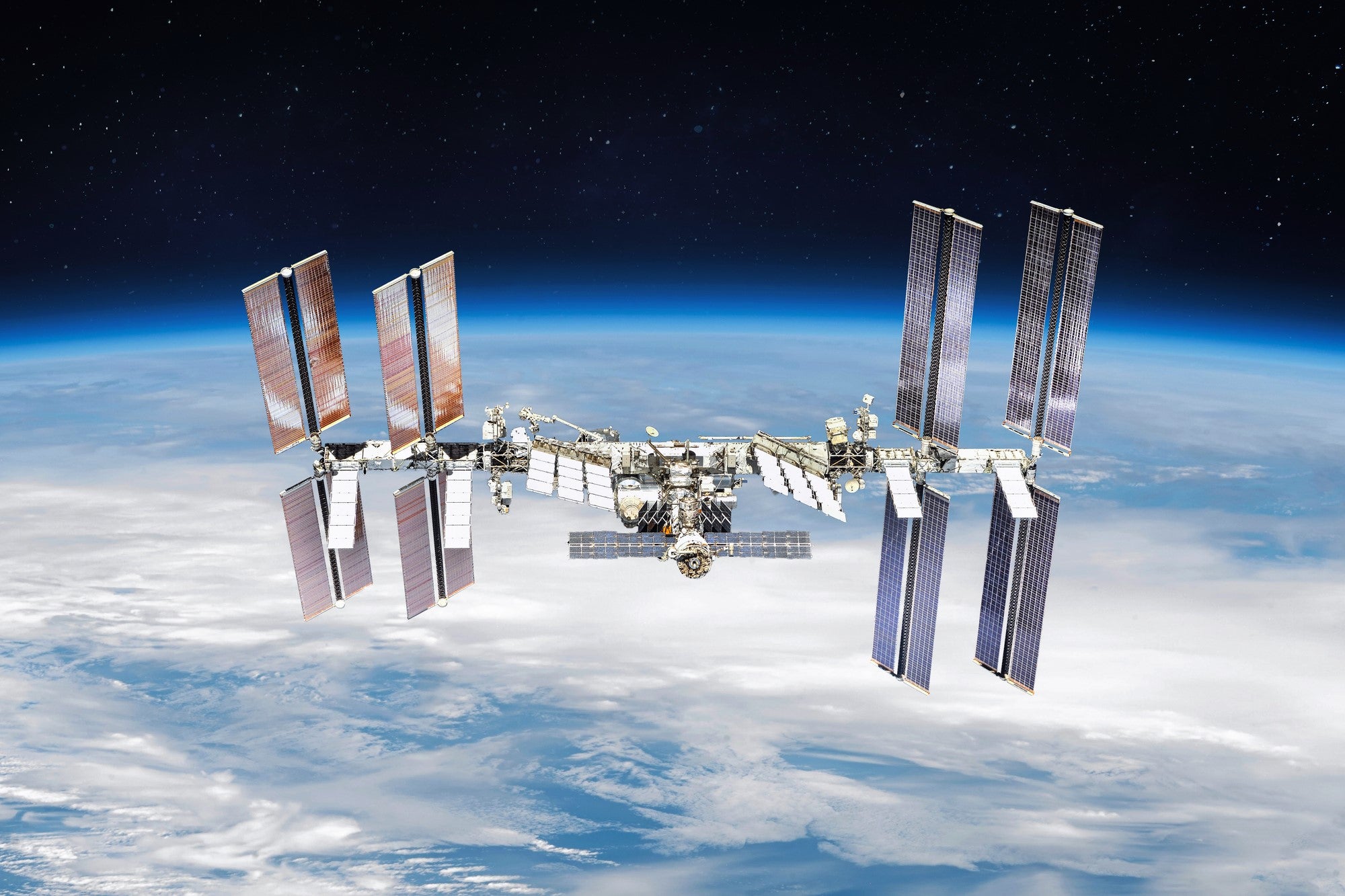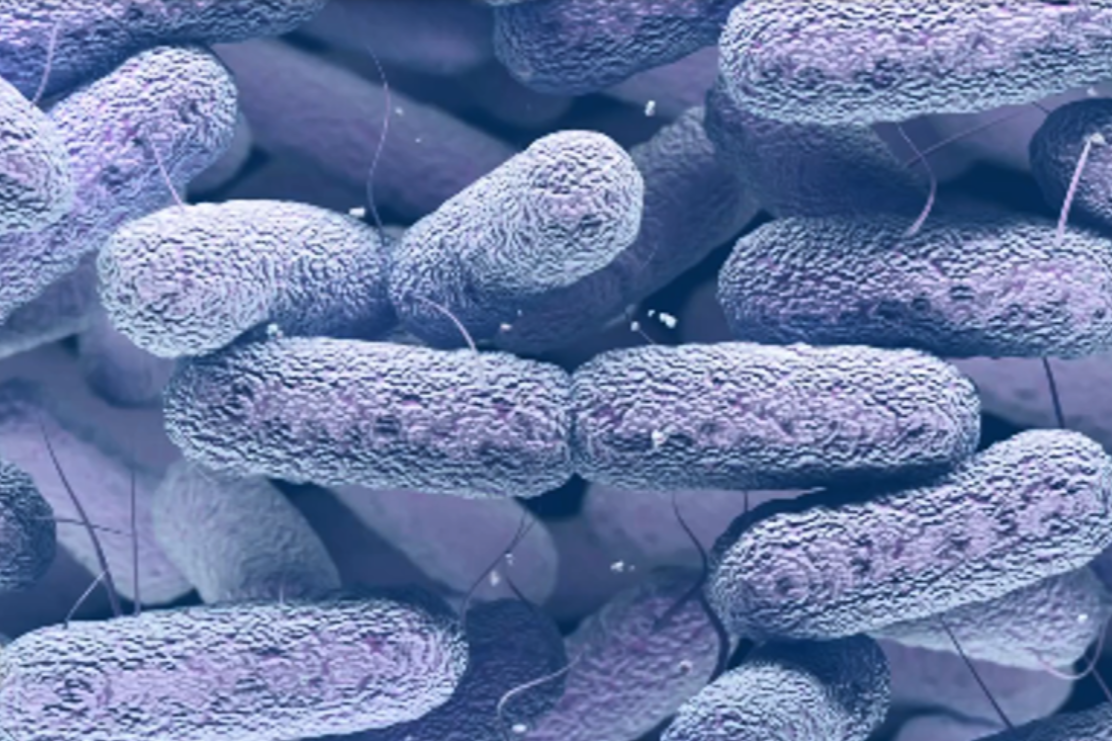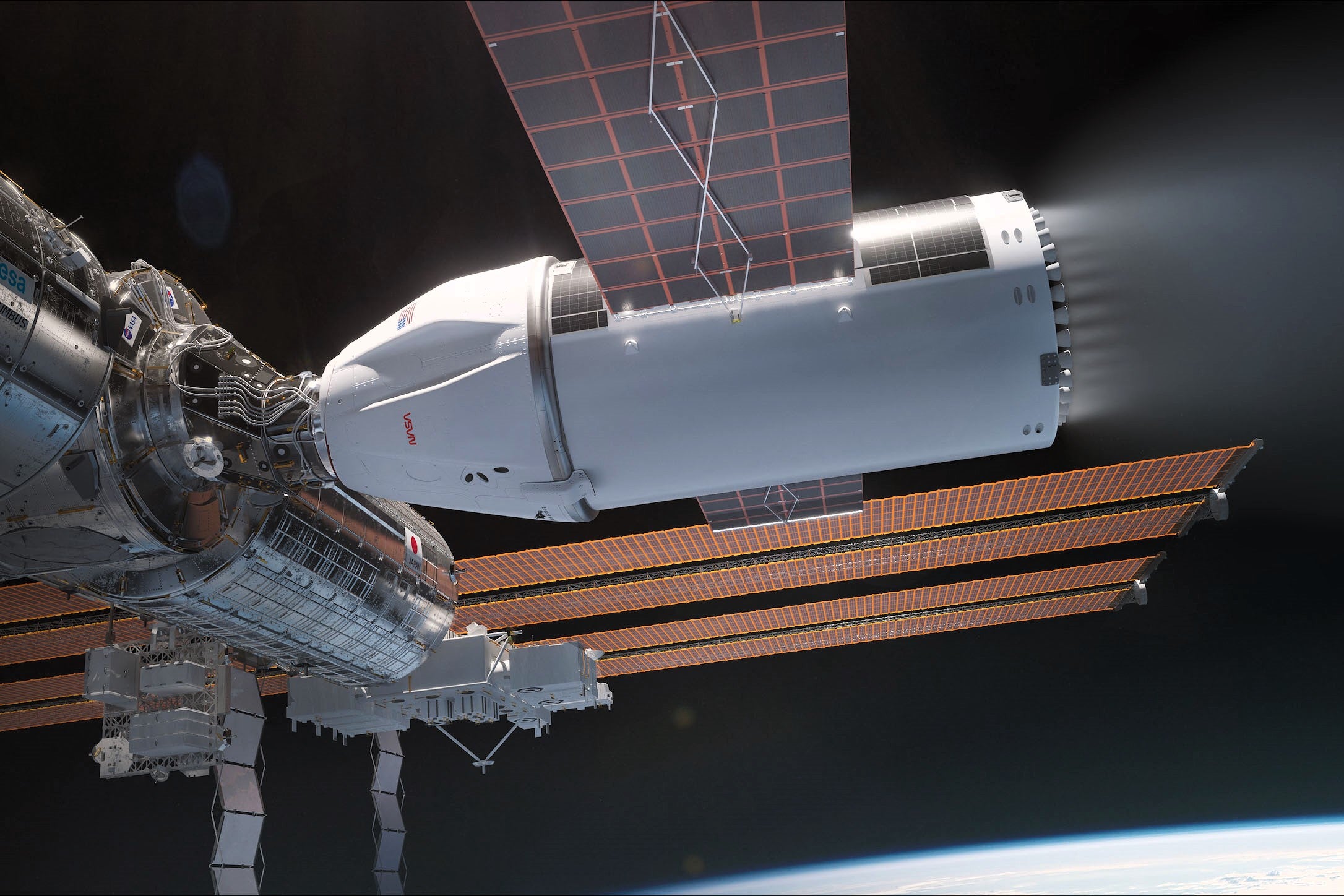Bacteria living in space evolve to survive extreme conditions
Astronauts monitoring microbes on International Space Station say new understandings could have ‘big benefits’ for space exploration

Your support helps us to tell the story
From reproductive rights to climate change to Big Tech, The Independent is on the ground when the story is developing. Whether it's investigating the financials of Elon Musk's pro-Trump PAC or producing our latest documentary, 'The A Word', which shines a light on the American women fighting for reproductive rights, we know how important it is to parse out the facts from the messaging.
At such a critical moment in US history, we need reporters on the ground. Your donation allows us to keep sending journalists to speak to both sides of the story.
The Independent is trusted by Americans across the entire political spectrum. And unlike many other quality news outlets, we choose not to lock Americans out of our reporting and analysis with paywalls. We believe quality journalism should be available to everyone, paid for by those who can afford it.
Your support makes all the difference.Bacteria living aboard the International Space Station (ISS) have evolved to better withstand the extreme conditions of space, according to a new study.
Nasa researchers investigating a strain of bacteria that had travelled to the space station via either human hosts or supply deliveries found that it had developed new traits in order to survive low-Earth orbit.
When compared to similar strains on Earth, the scientists noted that the bacteria was able to better endure space radiation and low-gravity.
“Our study shows that the microorganisms we isolated from the International Space Station have uniquely adapted to survive in space when compared to the Earth counterparts,” Kasthuri Venkateswaran from Nasa’s Jet Propulsion Laboratory in California told New Scientist.
“These microbes have found ways to live and possibly even thrive in space, and understanding how they do this could have big benefits for space exploration and health.”

Earlier this year, scientists at Nasa’s Jet Propulsion Laboratory reported that 13 strains of a bacterium notorious for being multi-drug resistant had become “genetically and functionally distinct compared to their Earth counterparts” while aboard the ISS.
“Any microorganisms introduced to these areas must adapt to thrive,” the researchers noted at the time.
“By delving into microbial dynamics in extreme environments, this research opens doors to effective preventative measure for astronaut health.”
A study detailing the latest findings, titled ‘Adaptation to space conditions of novel bacterial species isolated from the International Space Station revealed by functional gene annotations and comparative genome analysis’, is awaiting peer review.
The ISS, which has served as a multinational floating laboratory since astronauts first boarded in 2000, is set to go out of service towards the end of this decade.

Earlier this year, SpaceX was commissioned to destroy the ISS once operations have been completed. Elon Musk’s space firm plans to use a powerful spacecraft to push the space station into a precise deorbit trajectory that will see most of it burn up in the Earth’s atmosphere.
The $843 million contract will likely be fulfilled around 2030, six months after the last astronauts leave the ISS.
Join our commenting forum
Join thought-provoking conversations, follow other Independent readers and see their replies
Comments